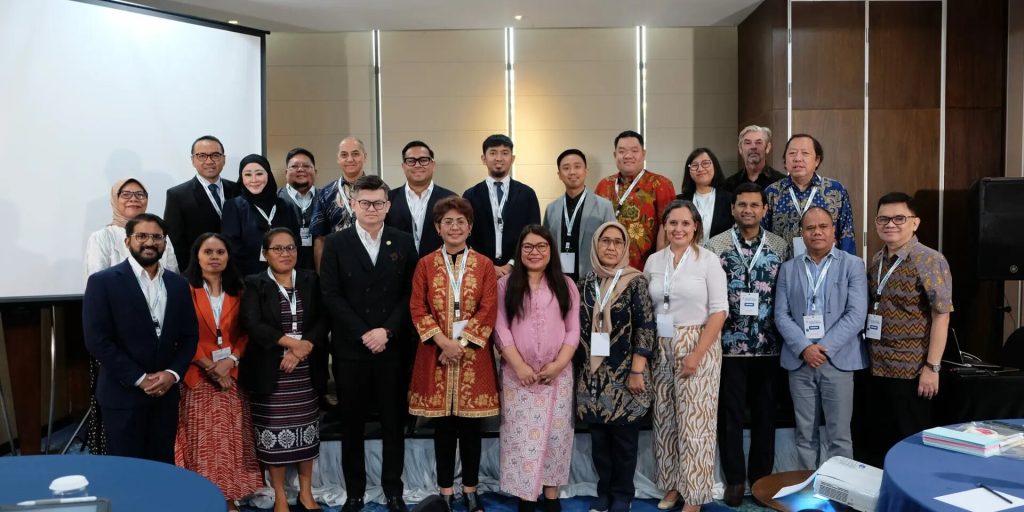
Jakarta, Indonesia – A recent summit in Jakarta has brought renewed hope for religious freedom in Southeast Asia. The International Panel of Parliamentarians for Freedom of Religion or Belief (IPPFoRB) and the ASEAN Parliamentarians for Human Rights (APHR) met in August to address the challenges faced by religious minorities in the region.
The gathering resulted in the Jakarta Declaration, a pledge by parliamentarians to uphold and safeguard freedom of religion or belief (FoRB) across Southeast Asia. This declaration serves as a critical step towards ensuring that all individuals have the right to practice their faith freely and peacefully.
Challenges and Commitments
While Southeast Asia boasts rich religious diversity, it also faces significant obstacles in protecting FoRB. The Jakarta Declaration acknowledges these challenges, highlighting examples such as the persecution of Rohingya Muslims in Myanmar and the limitations faced by religious minorities in Thailand and Malaysia.
The declaration sets forth concrete actions that governments can take to improve FoRB. These include:
- Repealing discriminatory laws
- Protecting religious minorities from violence and hate crimes
- Combating the misuse of religion for political purposes
- Fostering tolerance and interfaith dialogue through education and cultural exchange
Indonesia as a Case Study
Indonesia, the host of the IPPFoRB-APHR meeting, serves as a microcosm of the struggles and opportunities within Southeast Asia. Despite its constitutional guarantee of religious freedom, incidents like the burning of an Ahmadiyah mosque and the lack of non-Muslim places of worship in Cilegon highlight the need for further action.
The recent visit by Pope Francis served as a reminder of the importance of religious pluralism in a nation with a large Muslim population. His focus on interfaith dialogue and social justice offers a model for promoting mutual respect and intercultural understanding.
A Turning Point for Religious Freedom?
The Jakarta Declaration, coupled with the growing network of parliamentarians committed to FoRB, presents a significant opportunity for Southeast Asia. With lawmakers actively pushing for legislative changes and promoting inclusive policies, the future for religious freedom in the region may be brighter. However, true progress will depend on concrete actions taken by governments and continued pressure from regional and international bodies.